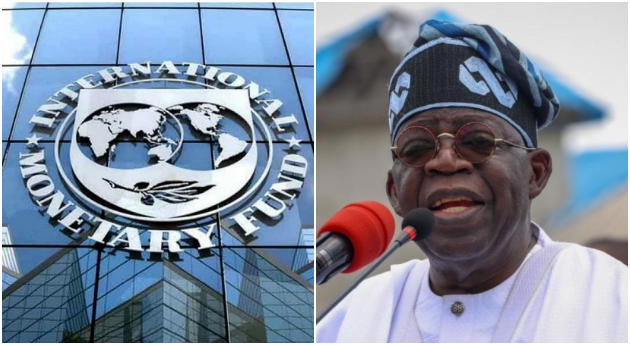Raphael Johnson
The Independent Media and Policy Initiative has questioned the rationale of the International Monetary Fund for downgrading its economic growth projection for Nigeria in 2025 from 3.2 per cent to 3.0 per cent on the back of the global oil slump.
This, according to the think tank, is because the Nigerian economy has not, of late, been solely about oil, especially with the substantial growth in the country’s non-oil export year-on-year, as a result of ongoing economic diversification and the impact of government policies.
In a policy statement signed by its Chairman, Dr Omoniyi Akinsiju, the IMPI argued that it was more favourably disposed to the seven per cent growth forecast by the Minister of Finance and Coordinating Minister of the Economy, Wale Edun.
It said, “In its economic outlook, the IMF downgraded Nigeria’s economic growth forecast for 2025 by 0.2 percentage points to 3.0 per cent, down from 3.2 per cent, while growth for 2026 was also revised downward by 0.3 percentage points to 2.7 per cent.
The IMF justified this forecast by citing projected lower global oil prices as a significant risk to the country’s fiscal and external balances.
We wonder how a single factor can be responsible for the projected massive decline in the size of an economy, more so, when Nigeria is moving away from its dependency on crude oil earnings.
It added that the World Bank’s projection, on the other hand, offered a more optimistic view.
In its report, the World Bank projected that Nigeria’s economy would grow by 3.6 per cent in 2025, building on an estimated 3.4 per cent expansion in 2024 and, thereafter, strengthening to 3.8 per cent by 2027.
The bank credited the federal administration’s possible sustenance of economic reforms with the gradual stabilisation of the macroeconomic environment.
Critical to the World Bank’s projection is the expected improvement in the performance of the non-oil sectors, mainly services such as financial services, telecommunications, and information technology, as well as easing inflationary pressures and improved business sentiment,” it added.
The think-tank said the IMF’s GDP data discrepancies were not unique to Nigeria, adding that it was not unusual for countries to pick holes in its projections.The economic group cited the examples of Mexico and Zambia, where it was proved wrong.

